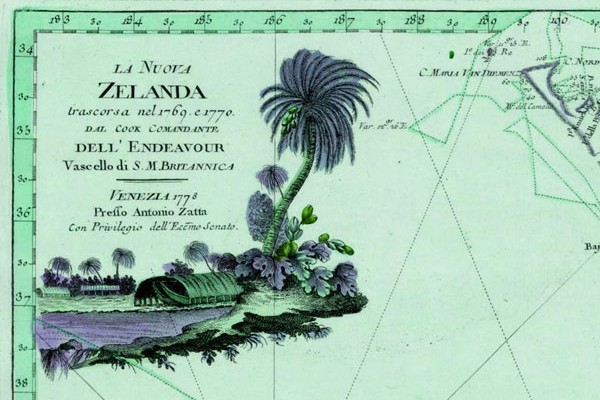This digital collection complements the special Aotearoa issue of Overland and is a testament to the response that our call for submissions received. These four essays shouldn’t be regarded as the ‘next best’, but rather as other directions in which the print issue could have gone, and which our writers wanted to explore.
In the issue, campaigner Murdoch Stephens writes on the comparative politics on refugees in New Zealand and Australia; union organiser Megan Clayton describes the often paradoxical experience of university workers dealing with the ominous ‘change process’; journalist Naomi Arnold reports on the conditions of New Zealanders living and working in Australia without the expectation of social safety nets or full citizenship; and writer David Young examines the prospects for environmental stewardship and Indigenous values against the pressures of capital and globalisation.
It is the breadth of themes and concerns that makes these essays integral to the overall project, and further evidence that the kind of writing that Overland seeks to locate and support articulates an urgently felt need for critical engagement, discussion and resistance. This need is felt on this side of the Tasman, too.
Read the issue
‘Looking west’ – Naomi Arnold
‘The global university’ – Megan Clayton
‘The deep silence of the Pacific’ – Murdoch Stephens
‘Cloud nine on the Manawatu’ – David Young



